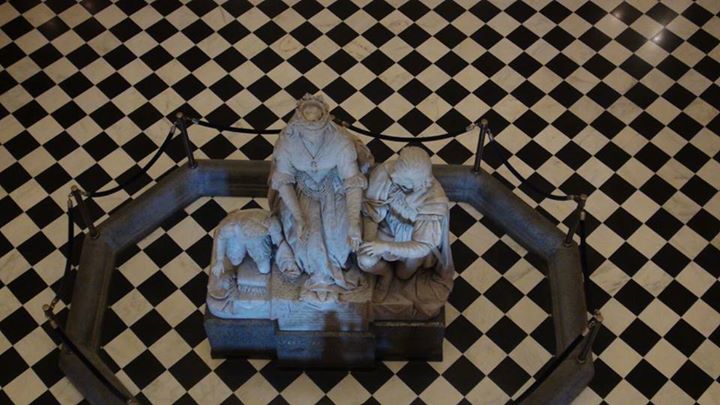
Saturday, 22 June 2013
For the good that I will to do, I do not do; but the evil I will not to do, that I practice. Romans 7:19
This sentiment is very similar to 7:15 – “For what I will to do, that I do not practice; but what I hate, that I do.” These parallel sentiments show us, quite clearly for even the hardest head to think through, that we have a will which desires to do good. This is so obvious that Paul has said it twice, hoping that we won’t mistake the fact… and yet we do. We come up with irregular doctrines which deny free will in order to establish boxes and limiting parameters which actually don’t exist.
The term “free will” is used to indicate that we have the ability to make choices – we see the good and, hopefully, choose the good. However, the use of the term free will isn’t meant to show that we are always able to exercise this will so that it is manifest in our fleshly body. Paul shows that we will to do good – this is our free, volitional will. However, this good that we will to do is not what we end up doing – this is the limiting factor on our will; restriction of the exercise of what we will.
Instead of exercising this will as we often desire, we take the opposite course of action. Our flesh, our carnal selves, cause us to practice “the evil I will not to do.” We should put the stress on “I” throughout these verses. Anytime “I” is introduced it will end in fault. It happened in Eden and it has continued to happen throughout history as people have set aside His good law(s) and attempted to merit His favor on their own. The fact is, that if intent to do good was good enough, then the majority of the people of the world would be on the highway to heaven. However, intent inevitably leads to failure when “I” is involved. The flesh thrives on the “I” of our carnal selves.
The free will we are given, and it is indeed a gift of God’s grace, is not for the exercise of “I” but for the choice for God. The doctrine of grace is not abolished through the teaching of free will as Calvinists claim; it is established. First, as a grace, we have been given this gift, and as a grace this gift continues in us, even after the fall. Free will, as was noted by Thomas Aquinas in our evaluation of Romans 7:13, was what caused the fall. To state otherwise would be to ascribe the fault (the sin) to God. Secondly, the exercising of one’s free will in “choosing the good we see” in no way implies that we are able to either subjugate the evil, nor accomplish the good.
These are graces which are bestowed upon us after we make the choice. God does the work and we receive it by faith. Thus grace is fully established in the doctrine of free will. Calvinism, in this respect, is so far from the truth of the doctrine of Paul, that to accept it is to inevitably be led down one wrong path after another.
Life application: When reading the Bible, the simplest and most obvious explanation in the reading of the text is the wisest choice. However, this cannot be applied to single verses which have been ripped out of context. Instead, everything must remain in context and then be taken with the obvious intent of the wording. You have been given free will to accept or reject this premise, choose well.
Lord, the concept of grace is established and given it’s highest luster in the free will You have granted us. The will itself is a grace. With it, we are able to choose the good, and then You accomplish the good we have chosen. Thus the grace is displayed in Your work on our behalf. Grace is established and You are glorified. What a perfectly wonderful God You are. I choose to praise You! Amen.
